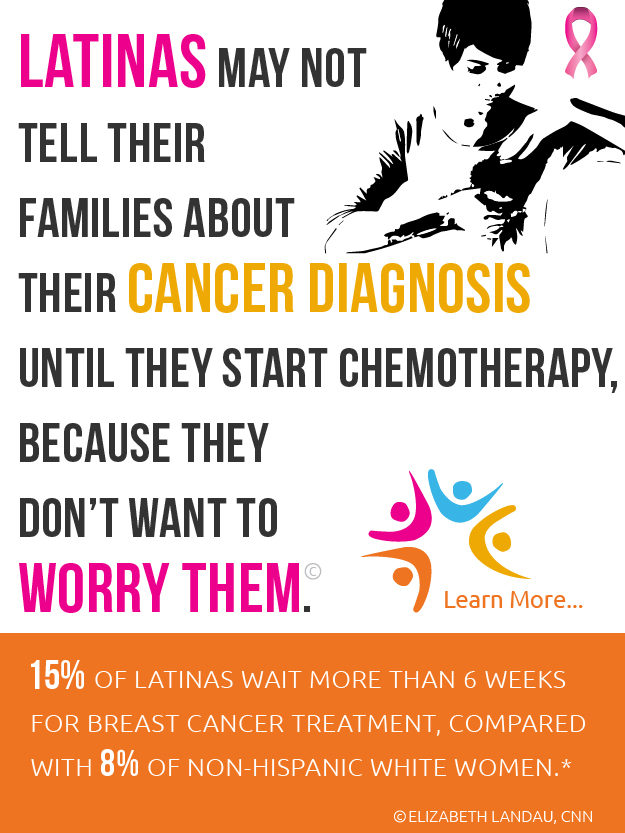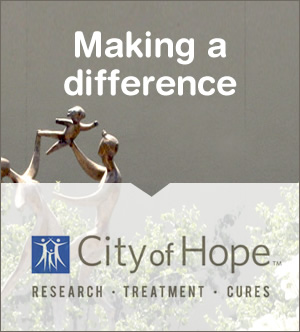
Three Things to Know About Cervical Cancer
02/21/2014 02:36PM | 8508 viewsI have had countless conversations with friends about their decisions to eat healthier and go to the gym more often. In fact, many New Year’s resolutions revolve around getting healthier. However, it is important that we not forget about preventive health in our quest to eat more veggies and to hit the gym.
It is particularly important to us here at NCLR because of the impact it has on the Latina community. Latina women have the second highest rate of cervical cancer out of all racial and ethnic groups. Latinas also have the second highest death rate due to cervical cancer out of these same groups. The sad reality about these rates is that they could very easily decrease, if we took more time to worry about preventive health. With that in mind, here are three things you should know about cervical cancer:
- All women can get cervical cancer. While all women are at risk for cervical cancer, certain factors can increase the chances of getting the disease. Having HIV or a condition that weakens the immune system puts you at higher risk for getting cervical cancer. In addition, smoking or having used birth control pills for at least five years also increase the risk. Lastly, women who have given birth to three or more children are more likely to develop cervical cancer.
- Cervical cancer does not always cause symptoms. Many times, we do not think to go to the doctor until we are not feeling well. In the case of cervical cancer, we cannot take this risk. It often does not cause any symptoms. In the rare cases that it does, symptoms do not occur until the disease is in its advanced stages.
- There are ways to prevent cervical cancer. There are several ways to protect yourself. Regular Pap tests help catch cervical cancer when treatment is still simple. It is also important to follow-up with your health care provider if your Pap test results come back abnormal. Not smoking and using condoms during sexual activity will also help protect you from cervical cancer.
The good news about all of this is that there are resources for women to get themselves screened. In 2014, as a result of the Affordable Care Act, Pap tests are covered by insurance companies at no cost to you. If you still do not have insurance, the National Breast and Cervical Cancer Early Detection Program provides access to cervical cancer screening services. Still unsure of what a Pap test is? Next week, we’ll learn more about what it is and how it is performed. Stay tuned!











Post your Comment
Please login or sign up to comment
Comments